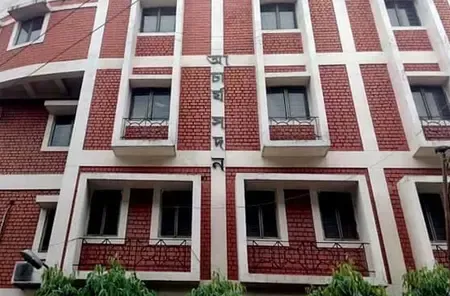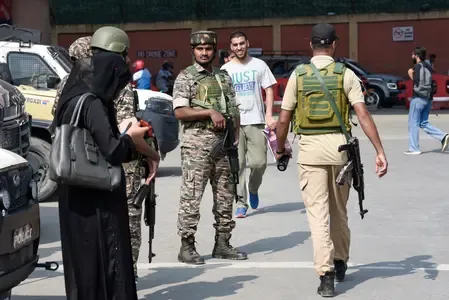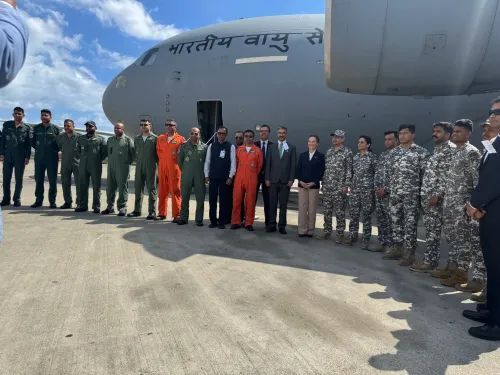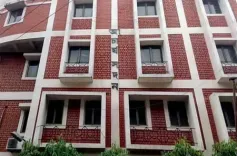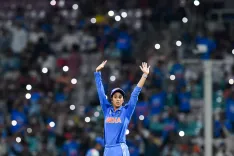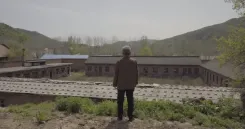Supreme Court Dismisses PIL Addressing Surge in Lynching and Mob Violence
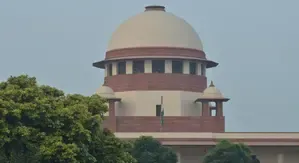
Synopsis
Key Takeaways
- Supreme Court dismisses PIL on lynching.
- Directives from the Poonawalla case are binding.
- States must appoint nodal officers to prevent mob violence.
- Aggrieved individuals can seek legal remedies.
- Uniform compensation criteria cannot be established.
New Delhi, Feb 11 (NationPress) The Supreme Court on Tuesday dismissed a PIL requesting that state DGPs take prompt action regarding cases of lynching and mob violence in line with the apex court's directives, emphasizing that the instructions from the Tehseen Poonawalla vs. Union of India case must be adhered to by all authorities nationwide.
A panel of Justices B.R. Gavai and K. Vinod Chandran remarked that from their position in the national capital, monitoring incidents across various states was impractical.
“From Delhi, monitoring such incidents in different regions is not feasible,” stated Justice Gavai's panel.
They further noted that the stipulations set forth by the Supreme Court in the Tehseen Poonawalla vs. Union of India case are obligatory for all entities under Article 141 of the Constitution.
In its 2018 ruling regarding the Poonawalla case, the Supreme Court mandated the appointment of a nodal officer in every district to implement measures aimed at curbing instances of mob violence and lynching.
“The Director General of Police or the Secretary of the Home Department in respective states must conduct regular review meetings (at least quarterly) with all Nodal Officers and heads of State Police Intelligence,” it had directed.
In its ruling, Justice Gavai’s panel indicated that individuals affected by such incidents can seek legal remedies, clarifying that the apex court cannot establish a standardized compensation formula for victims of mob lynching cases, as compensation amounts should be determined on a case-by-case basis.
Moreover, the apex court declined to assess the validity of cow protection laws enacted in various states, recommending that litigants approach the relevant High Court.
“It would be more suitable for those aggrieved to challenge the validity of the laws/notifications at their respective High Courts,” stated the Supreme Court.
During the proceedings, Solicitor General Tushar Mehta asserted that mob lynching is recognized as a separate offense under the Bharatiya Nyaya Sanhita (BNS) and any infractions will be dealt with by the legal system.
In a previous session, the Supreme Court reprimanded the state governments of Assam, Chhattisgarh, Telangana, Maharashtra, and Bihar for failing to submit their counter-affidavits.
“We clarify that should the aforementioned states neglect to file counter affidavits, their Chief Secretaries must appear personally in court on the next hearing date to justify why action should not be taken against them for failing to comply with the court's orders,” it stated in a ruling from November 5, 2024.
Last April, the apex court provided a six-week deadline for various state governments to respond with details regarding measures taken in lynching and mob violence cases.
“It was anticipated that state governments would at least provide a response and detail actions taken concerning the mentioned lynching and mob violence incidents. Consequently, we grant all state governments who have not yet submitted their affidavits six weeks to file their counter-replies and elucidate what actions have been taken regarding the incidents highlighted in the writ petition or related applications,” the Supreme Court declared.
In July 2023, the Supreme Court issued notifications to the Centre and the governments of Haryana, Madhya Pradesh, Bihar, Rajasthan, Odisha, and Maharashtra. Subsequently, all state governments were included as parties in the PIL following a motion by the Islamic clerics' organization, Jamiat Ulama-i-Hind. The plea sought a minimum uniform compensation to be established by the court for victims or their families, in addition to compensation determined by the authorities.
“In the majority of instances, the only action taken by authorities is the registration of FIRs, which appears to be more a formality than a genuine initiation of the criminal process,” the plea stated.

